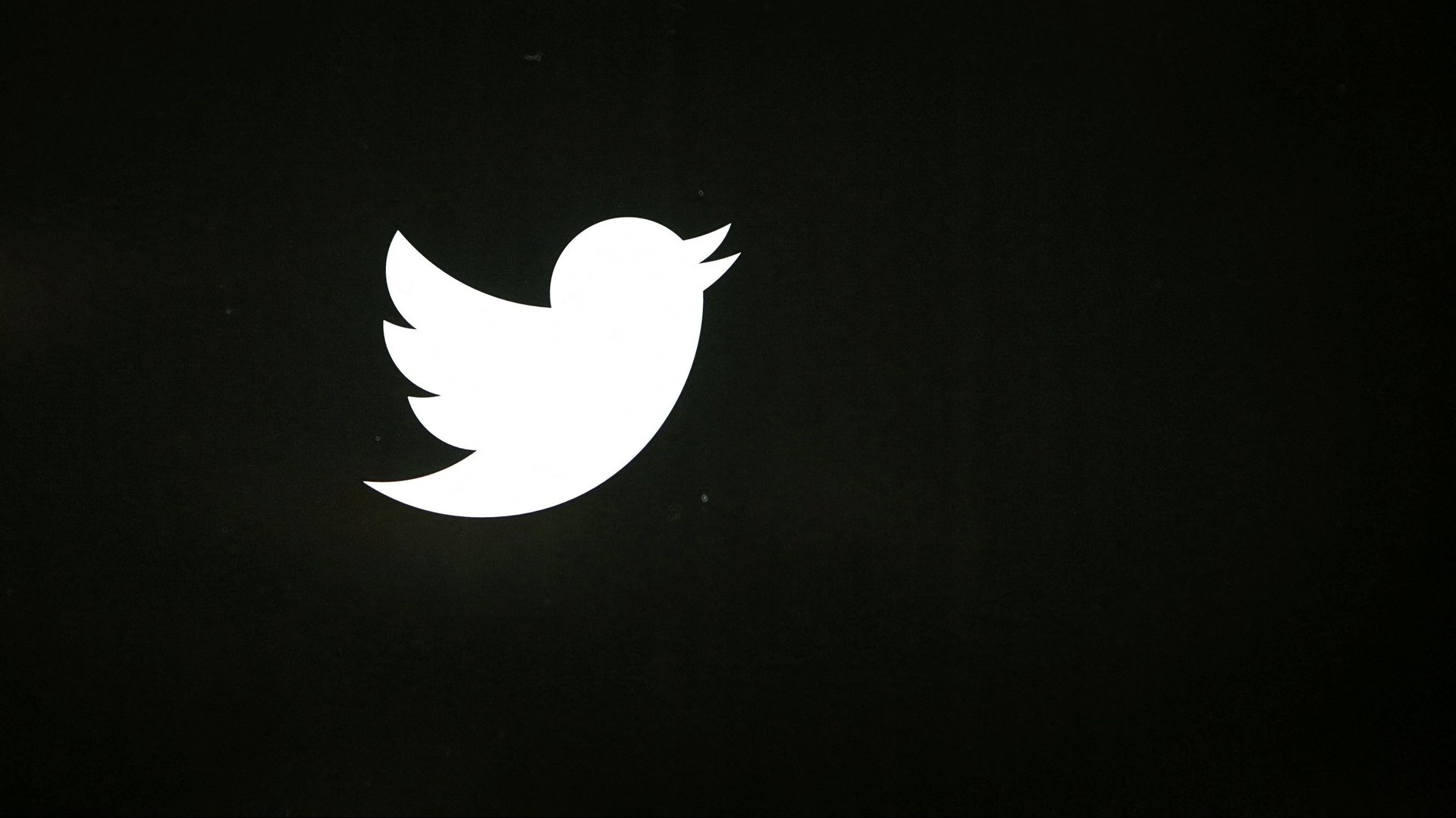A Spanish advocacy group is accused of paying Kenyans to spread health disinformation
Similar to many parts of the world, women’s reproductive rights are a highly polarizing issue in Kenya. According to a new report by the Mozilla Foundation, Kenyans now have another factor complicating debates – that of targeted Twitter disinformation campaigns.


Similar to many parts of the world, women’s reproductive rights are a highly polarizing issue in Kenya. According to a new report by the Mozilla Foundation, Kenyans now have another factor complicating debates – that of targeted Twitter disinformation campaigns.
Findings from the report say that CitizenGO, a conservative advocacy group based in Spain, paid people to spread disinformation (pdf) about reproductive health in Kenya in 2020 and 2021. The findings highlight how actors try to manipulate Twitter’s Trends feature to shape public discourse.
The campaigns attacked reproductive rights, particularly politicians and activists who supported a bill on reproductive healthcare and another on surrogacy. The draft legislations would ban forced sterilizations and develop standards, regulations, and guidelines on assisted reproduction.
The tweets also made false and misleading claims about surrogacy and other areas of reproductive health.
Twitter users claimed CitizenGO paid them to tweet
Kenyan researcher Odanga Madung reviewed content posted between 2020 and 2021. He analyzed 20,811 tweets and found 11 campaigns that may have been fueled by CitizenGO. Ten of them appeared on the Trends section.
The research found that CitizenGO pushed 10 hashtags, many of which contained health disinformation, at times when Kenyans were debating legislative bills about surrogacy and reproductive healthcare.
Madung also spoke with people who said they had been paid by CitizenGO to post tweets. They claimed they received money, content, and instructions from the advocacy group over WhatsApp.
“Abortion has been going on under the radar, young girls have been aborting without even parents knowing, what do you think will happen if we now put it that you can abort legally, that even your parents have no say in it,” one tweet said, with the hashtag #StopKihikasAbortionBill , referring to senator Susan Kihika’s Reproductive Healthcare Bill, 2019 (pdf).
“Millie Adhiambo is turning the miracle of birth into just another commercial transaction and business opportunity for endless profit generation,” said another, using the hashtag #StopSurrogacyBillKe. Lawmaker Millie Adhiambo is the sponsor of the Assisted Reproductive Technology Bill, 2019 (pdf).
The tweets had signs of inauthenticity
As an indication of their being inauthentic and coordinated campaigns, the campaign tweets repeated hashtags, phrases, and memes, came from accounts that only tweeted hashtags, and were posted at certain times of day in sync.
CitizenGO did not respond to a request for comment by Quartz.
The organization was founded in Madrid, in 2013. It promotes petitions in 50 countries, including Kenya. It defends causes opposing issues such as same-sex marriage, abortion, and euthanasia. In 2019, it took credit for campaigns against clinics offering abortion services in Kenya, Malawi, Niger, and Tanzania.
“The unique thing about this campaign in my view is the group that appears to be behind it,” Madung tells Quartz. “It never really occurred to me the kind of forces Twitter’s vulnerabilities can possibly leave [Kenyans] to.”
Twitter’s Trends section is under scrutiny
Twitter is a popular platform for public discourse and shaping opinion in Africa. However, its Trends section has come under scrutiny in recent years due to its susceptibility to manipulation through inauthentic tweets. Trends uses an algorithm to rank popular tweeted topics. Last year, Twitter was forced to temporarily disable the feature in Ethiopia during escalating crisis in the country.
The Mozilla Foundation report makes several recommendations, including that Twitter carries out country-specific risk assessments to identify, assess, and mitigate the ways in which the Trends algorithm can contribute to disinformation; provide more clarity around its efforts to fix the algorithm; and collaborate with researchers locally for insight into ways in which the site can be a vector for disinformation.
With Kenya set for an election later this year, the report says that the Trends feature may be further abused in the country.
“All any Kenyan has to do is open the trending section of Twitter at any moment of the day and see the kind of manufactured political content being propped up by the platform,” Madung says. “Our analysis of the ecosystem tells us it’s gonna get a lot worse.”
Sign up to the Quartz Africa Weekly Brief here for news and analysis on African business, tech, and innovation in your inbox.